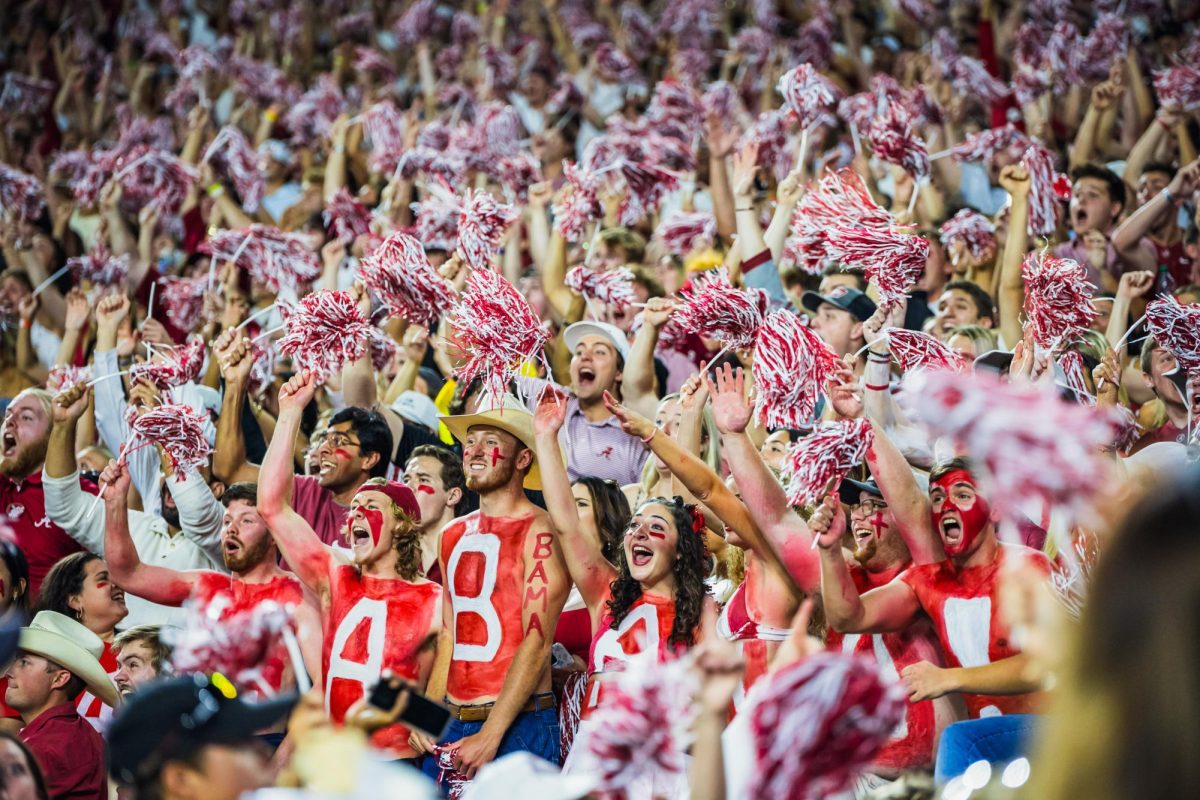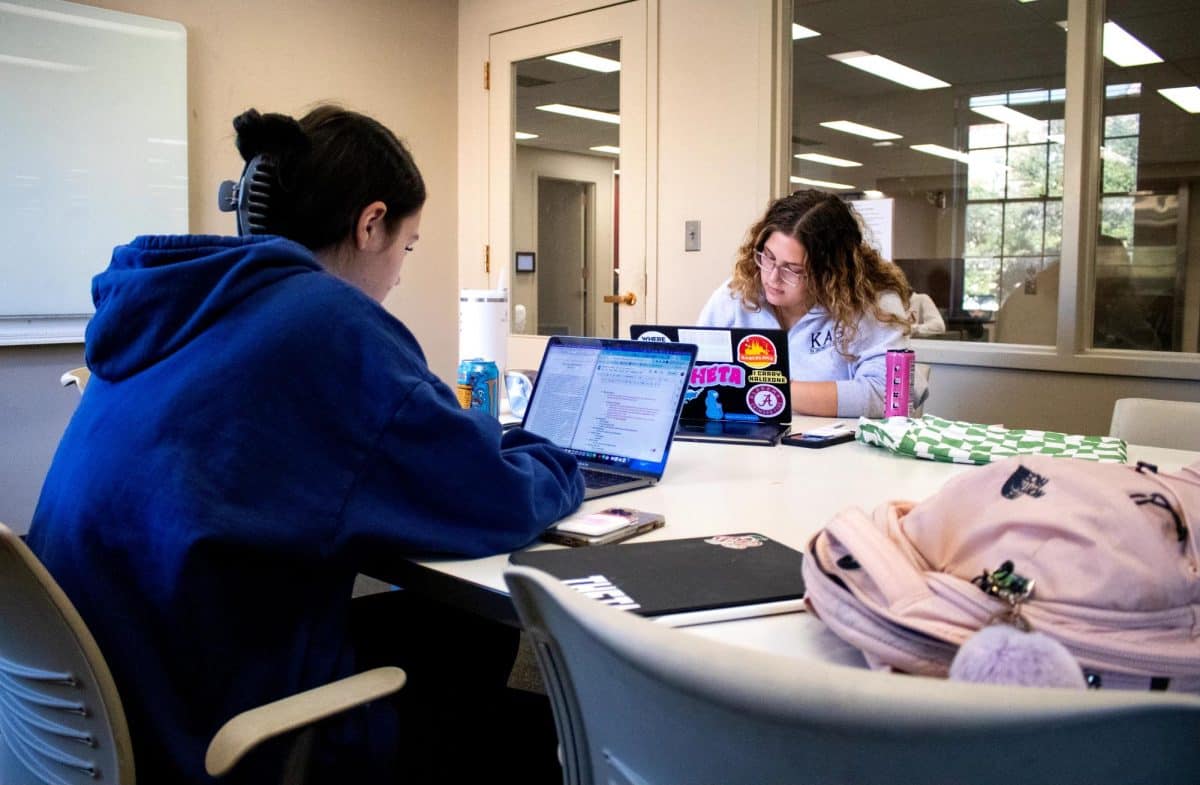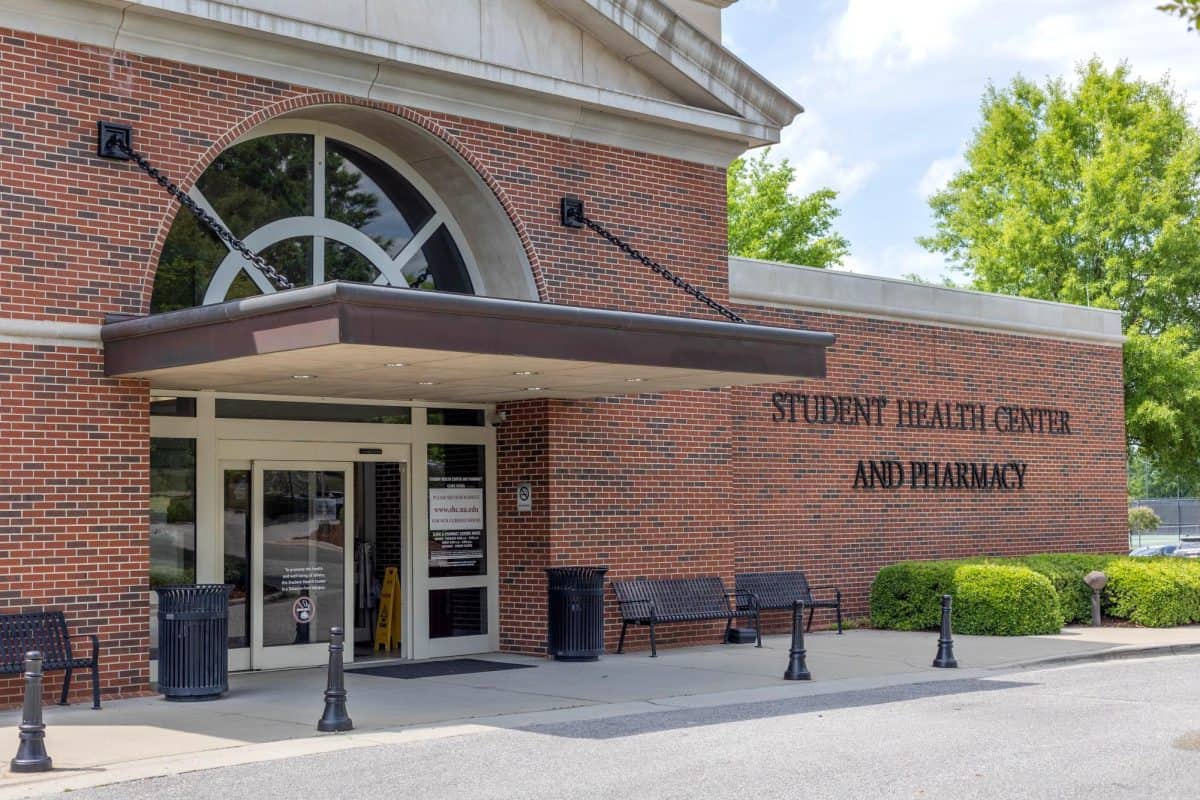Wednesday morning, the flyers will begin to disappear and the sticker-wearing will subside. Slowly, the chalking will fade away and we’ll all see the end of yet another SGA campaign on our campus.
One year ago, our student body saw one of the largest and most competitive SGA presidential races in history. Over 50 percent of students at the Capstone cast their ballots, and we saw a race that would have fittingly ended with a review of hanging chads and a court ruling.
This year, the SGA elections have been fairly quiet. James Fowler and Matthew Brown have competed for the presidency civilly and relatively under the radar. In the only other competitive race, Miriam Fry and Aaron Zucker have traded barbs in their quests for the spot of vice president for academic affairs. Four non-competitive races have drawn no attention, and the candidates have all been passive.
This is the third SGA election in which I’ve taken an active role, and I can honestly say it has been the least controversial. There’s a mood of apathy and disinterest across campus, despite many folks’ displeasure with a lot of news coming out of the SGA this year. In all, Tuesday’s elections seem like they will garner less attention — and the winners far less votes — than last year’s, and maybe that’s okay.
Over the past few months, I’ve done a lot of thinking about the culture of this campus. I’ve talked with several friends who have repeatedly discussed the “us versus them” mentality. In my time at the University, I’ve noticed — and often actively participated in — campus politics that too closely mirror national politics. We throw stones. We split off into isolated teams. It’s Machine versus Independent, and one always must defeat the other.
Now, don’t get me wrong. I have consistently and vocally opposed the methods of the Machine. I distrust and dislike their closed-door operations, and I fundamentally reject the culture of exclusion and elitism they promote. I wish our campus’ greek leaders would welcome diversity and competition based solely on merit, and sadly I have seen time and time again that they simply are “set in their ways.”
But I also recognize that fundamentally decent leaders can emerge from within that system. I know each of the last four SGA presidents well, and I can attest to the fact that, by-and-large, they all sought to do what was best for the student body when researching project ideas and carrying out new programs.
But while I have criticized the Machine, I’ve also come to realize that ending a culture of division is a two-way street. Until independents and greeks can sit down and begin to truly understand one another, we’re destined to have campus politics that divide students and stifle our campus’ progress.
I say that a low turnout may be okay because a lack of controversy in this election can leave resentment out of the process and push all of us to begin actively engaging with next year’s SGA from the very beginning. Regardless of who our new SGA officers are, it’s time for all of us to pick up the mantle of the great generations of students at this University who fought for integration or who worked cooperatively to end severe intimidation in SGA elections.
Many of the old-school, patronage system methods of our SGA must end. Positions must be filled based solely on merit, and historically neglected groups on campus must be actively recruited to leadership positions. Freshmen must be recruited from every corner of campus to get involved in an open SGA early and to help shape the future of a less-divided campus. Winners must welcome their political “opponents” and seek advice and counsel from them. Collaboration between groups must be the new norm, and it’s time for our SGA president—and all the other officers — to make that a priority.
I’ve also worked inside SGA for two years. I’ve seen the vast resources for positive change that such a small group of student leaders have access to. The SGA is an entity that could enact — and has enacted — measures to better the quality of any student’s life here at the Capstone.
But every good project and program is worthless if no one knows about them or no one trusts their SGA. I expect James Fowler or Matthew Brown — along with Miriam Fry or Aaron Zucker and the rest of the newly elected SGA officers — to begin to curb that distrust and to finally bring about an SGA that cares for and actively engages all students.
Go vote tomorrow on myBama, and let’s begin the process of opening up our SGA to more students and ending the culture of division that has held us back for too long.
Ian Sams is a junior majoring in political science. His column runs on Mondays.








